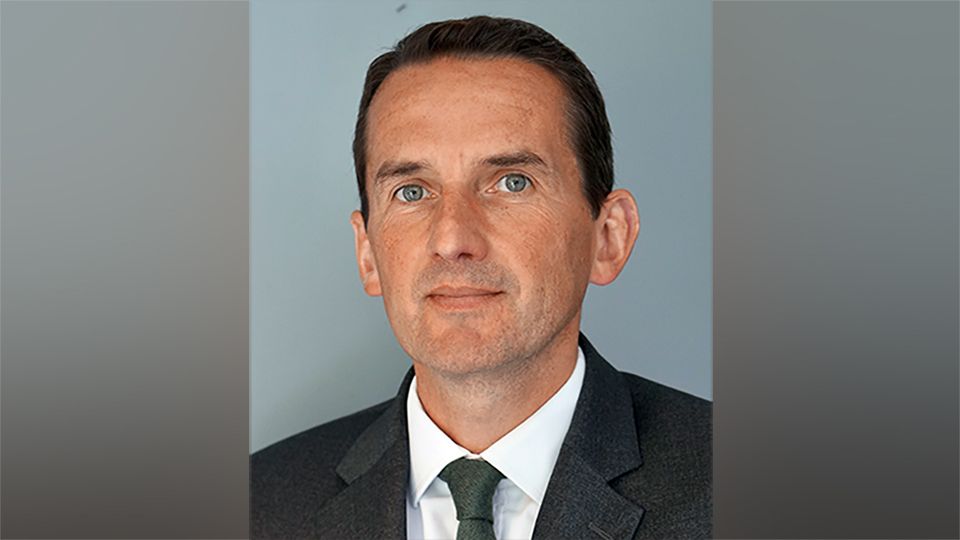Franklin Templeton has launched the Franklin Green Target Income 2024 Fund, a sub-fund of the Luxembourg-registered Franklin Templeton Opportunities Funds (FTOF) range.
It is the third “buy and hold” or fixed maturity fund introduced in the FTOF range, following the IPO of Franklin Target Income 2024 which raised €557m earlier this year from European investors.
The new fund’s objective is to invest primarily in higher yielding, euro-denominated debt securities issued by corporations globally – including those located in emerging markets – with a pre-determined yield at the time of investments over a five-year period.
Following launch on May 10, the new fund will initiate an asset gathering (IPO) period which will end after a period of up to six months.
After the asset gathering period, the fund will be closed to further subscriptions until maturity but the management company may re-open the fund thereafter, depending on prevailing market conditions, at its discretion.
This new strategy has been designed to be held to maturity and investors should be prepared to remain invested until the bonds mature in 2024.
The fund will be managed by London-based David Zahn (pictured) head of European fixed income and portfolio manager Rod MacPhee.
ESG focus
The investment team will use a “top-down” analysis of macroeconomic trends, combined with “bottom-up” fundamental analysis to identify investment opportunities.
A feature of the fund will be its focus on engaging with its investee companies over the lifetime of the fund.
While analysts routinely engage with companies regarding idiosyncratic ESG risks, the fund management team believes that energy transition and water scarcity risk will grow in prominence over the lifetime of the fund, the group said in a statement.
As a result, they will therefore seek to engage with companies regarding how they are managing these challenges – with engagement focused on operational management, efficiency strategy and accountability for these environmental KPIs.
Zahn said: “Roughly 90% of global carbon emissions come from sectors that we regularly invest in and engage with. We generally believe that regulation will have an impact on companies as two-thirds of all recorded climate change laws were passed in the last decade.
“We think the story is similar for water – 70% of the world’s freshwater use and pollution comes from companies in food, textile, energy, industrial, chemicals, pharmaceuticals and mining sectors. This isn’t sustainable.
“We are interested in how the companies that we invest in are preparing for or dealing with these challenges because a lot of these high-yielding companies are not traditionally focused on ESG metrics.
“Our engagement approach will focus on these two issues and the steps the companies are making to be more efficient on how to reduce their carbon emissions and their focus on these metrics.”
- This article first appeared on Expert Investor, ESG Clarity‘s sister site.









